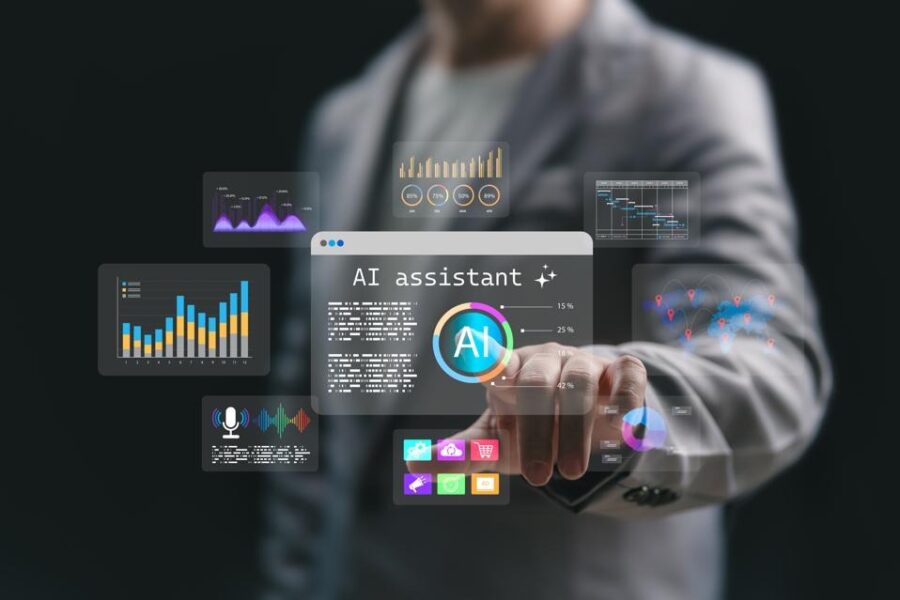How MCP Could Revolutionize AI in Travel

Most AI assistants today can help you find travel information but can’t yet book or pay for a trip on your behalf. That’s because most systems are still powered by generative AI—good at answering questions, but not yet capable of autonomous “agentic” actions. Enter Model Context Protocol (MCP), a new framework that could change that.
Developed by Anthropic and now supported by OpenAI, Google, Microsoft, and Perplexity, MCP acts as a universal translator between large language models (LLMs) and external data sources. It allows AI assistants to interact directly with travel platforms, connecting systems for rates, availability, loyalty data, and guest profiles—all through a single standardized interface.
By eliminating the need for custom APIs, MCP enables travel companies to expose their data once and instantly connect to any MCP-enabled AI platform. Early adopters include Kiwi.com, Apaleo, Expedia, and TourRadar. Apaleo’s VP of business development, Florian Montag, noted that MCP “lets AI assistants access verified, real-time data directly from hotels and travel systems instead of relying on outdated web content.”
Industry experts say MCP could mark a turning point for AI-powered bookings. Booking.com and Expedia are already among the first to launch MCP-based apps inside ChatGPT. While challenges remain—particularly around trust, payments, and data security—analysts believe MCP could make fully autonomous travel booking a reality within the next few years, redefining how travelers plan and purchase trips through intelligent, connected AI agents.
Related news: https://airguide.info/category/air-travel-business/artificial-intelligence/, https://airguide.info/category/air-travel-business/travel-business/
